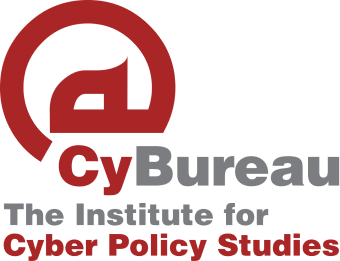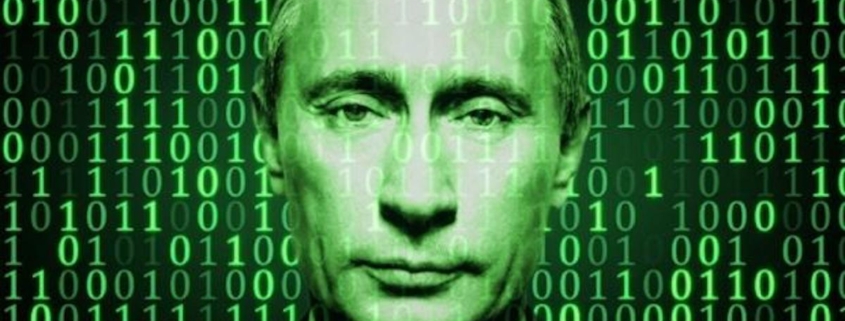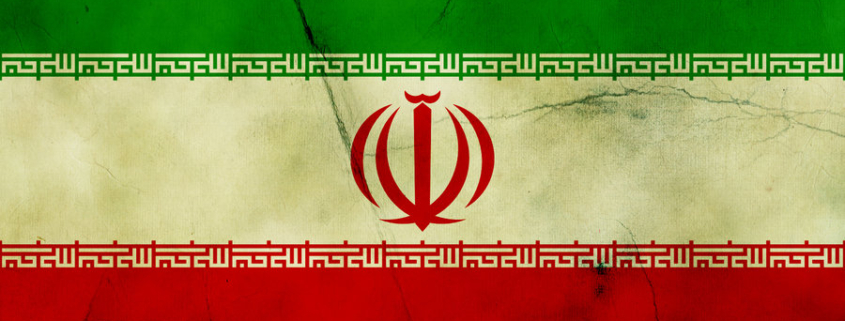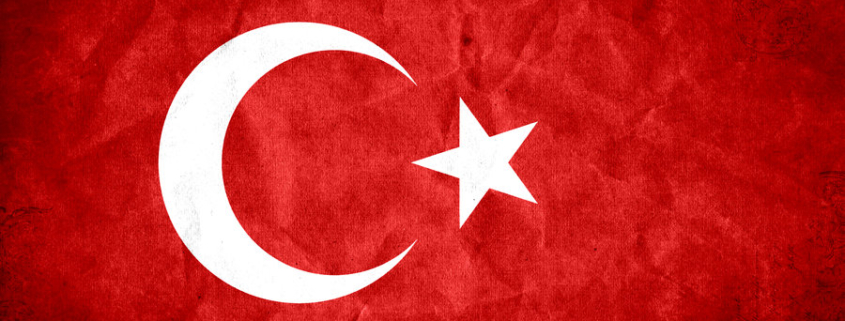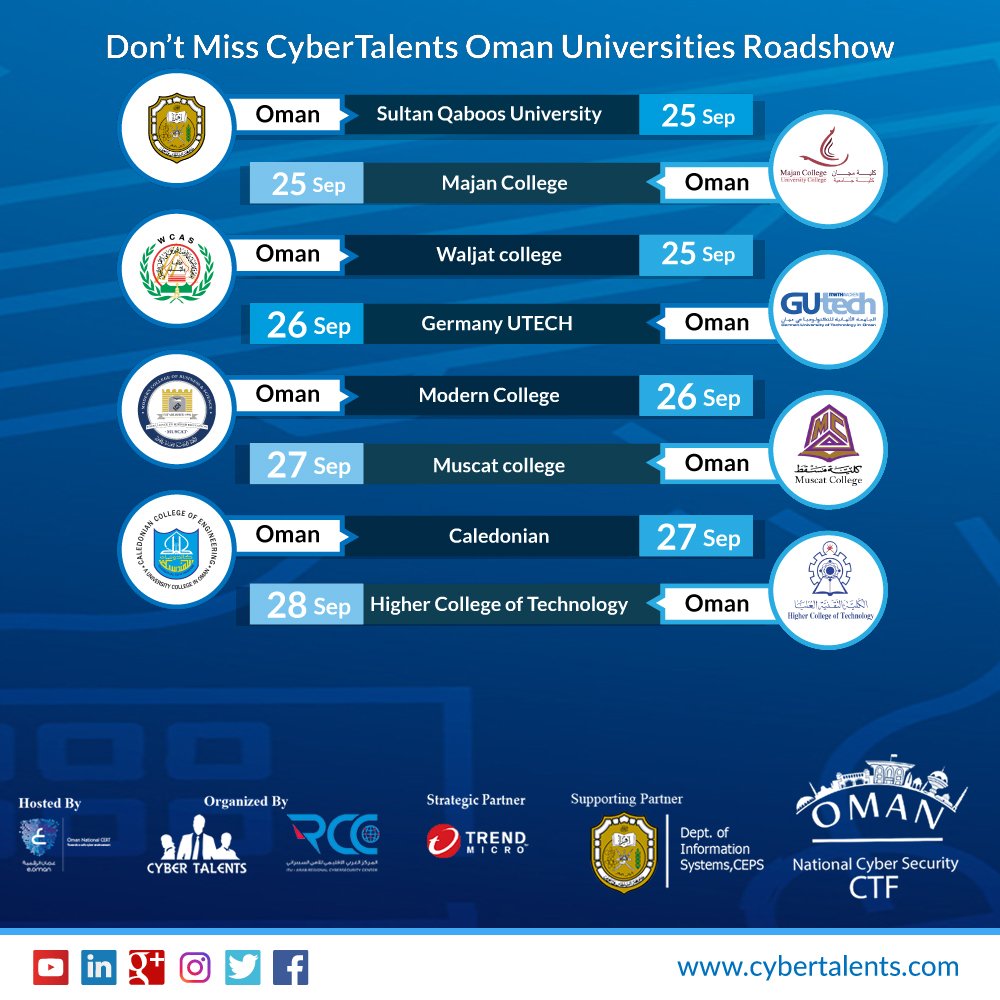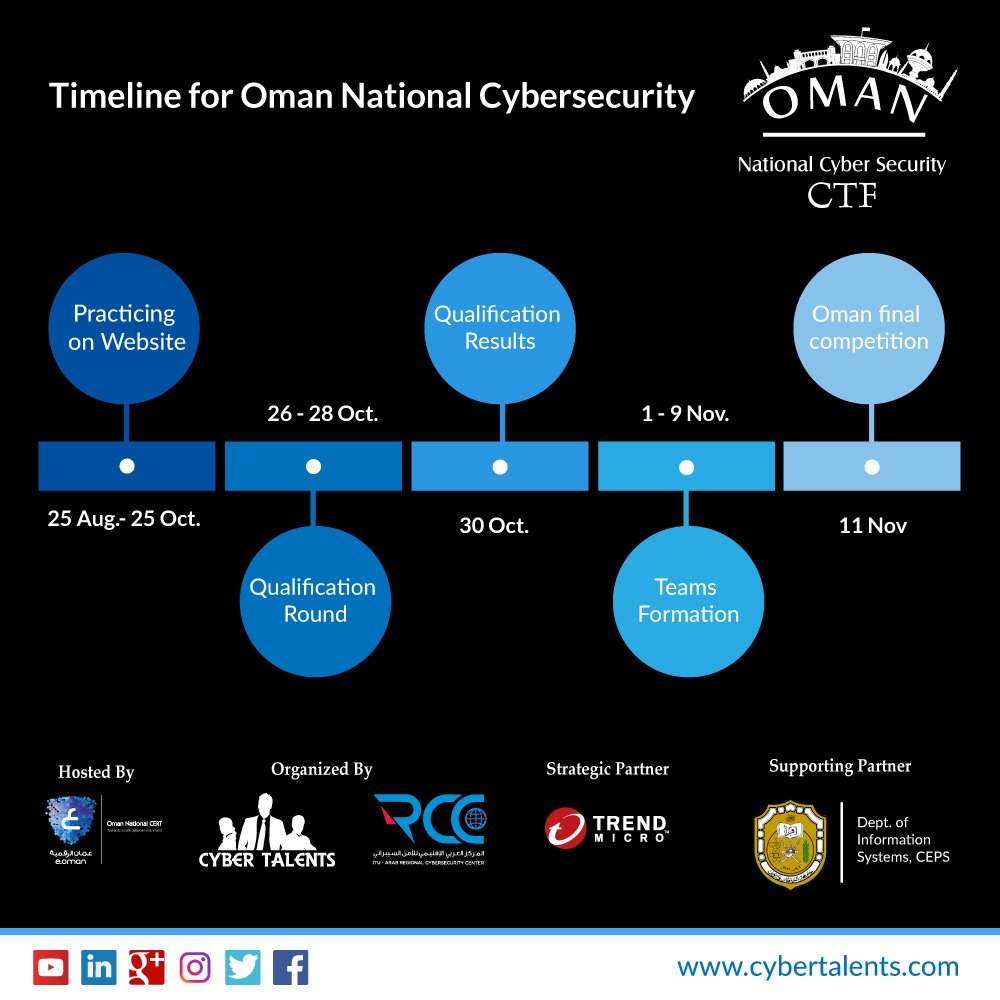From Russia with love : New Cyberwar Lessons for Morocco
The Russo-Ukrainian conflict has given us the best evidence to not only affirm reality and consolidate the presence of hypotheses around cyber warfare; on the contrary, it has opened our eyes to new avenues of research and analysis on thematic news in the cyber world. Since the beginning of the conflict, cyberattacks against the objectives and vital interests of the belligerents at war, whether Russia, Ukraine or even states outside this conflict, have not ceased to overcome on the scene and demonstrate a new attitude with regard to the quantity and quality of cyberattacks. Namely the engagement of several actors and organizations in this conflict, cyber activities have reflected this diversity and multiple interactions by finally giving birth to a new range of use of cyber technologies in times of war that were never foreseen previously.
Introduction:
Since the beginning of the conflict between Russia and Ukraine, cyberattacks have not ceased not only between the two states in confrontation, yet several are the actors who are online and contribute directly to this cyberwar but with forms which differ from each other. Since the beginning of the war, pro-Russian organizations have organized cyberattacks against Ukrainian property and vital IT infrastructure and vice versa. Ukraine with the help of these allies continues to attack the property and interests of Russia through computer attacks.
Organizations of a different nature expressed their support with the Ukrainians by proceeding to target the interests of Russia in the cyberspace and their technological and informational infrastructure. The anonymous organization has launched cyberattacks to express their support and condemn Russia and the military invasion of Ukrainian territory. We can see from this situation of entanglement that several other actors on both sides, official and unofficial, have joined this cyberwar.
By taking advantage of the potential of anonymity and in retribution of attacks in cyberspace, the multitude of actors do not only participate in cyber hostilities by aiming at certain objectives with traditional ways and methods. On the contrary, the emerging interactions because of this cyberwar of everyone against everyone accentuate the rise of new methods and uses of the computer tool as a weapon in modern conflicts.
We have witnessed long after the cyberattacks and the lethal use of the computer tool the birth of new "non-hostile" behaviors throughout this cyberwar and despite their peaceful and non-lethal nature, the operational objectives of these behaviors to switch the situation in favor of a belligerent are still the same. Ukraine is asking for the help of a private tech giant to help it, Ukraine is starting to receive international donations through cryptocurrency and alternative means, computer giants (Big tech) have supported Ukraine and suspend their services and products on Russian territory.
Facebook and Twitter have suspended the accounts and pages of several Russian journalists and political and military figures accused of disclosing violent content. The Ukrainian government's calls for tech giants to join the wave of sanctions and deprive Russia of its own tech potential is a novelty in state conflict. Finally it officially asks for the help of hackers (whatever their allegiances and carriers would be) to help defend the country's border lines in cyberspace, in addition it encourages them to carry out cyberattacks and offenses against the interests of Russia from all over the world. On the other hand, we are witnessing the birth of several methods and procedures to escape the grip of these Western technological grips.
We know that these activities will not be able in the best cases to cause damage with heavy intensity in comparison with the cyberattacks carried out by specialized military groups and which directly target sensitive objectives and henceforth defines we find that this kind of soft activities and cyber diplomacy contributes to the reinforcement of morale and public psychology in the first place and demonstrates that it is in victory despite the defeat on the ground. And secondly to provide operational support by supporting the military companions of the Ukrainian army on the ground.
Formerly the conflicts extend into cyberspace and many are the acts of discord and confrontations that have been expressed in cyberspace. Currently conflicts are developing and evolving in this space in every way our work contributes to the efforts of illuminating and predicting their impacts in favor of our decision makers and officials.
ANALYSIS
New targets, old processes
Since the 2007 cyberattacks that were blamed on Russia, several other aggressive cyber activities have also been proven targeting certain specific interests of rivals, all of which demonstrate that the objectives in cyberwarfare processes within Russian strategy in cyberspace or in its information space are increasingly complex, multiple and lethal. Indeed, Russia has and was the target and the objective of accusations at the international level because of its antagonistic and opposing vision towards Western orientations in this space.
Far from the political and media prejudices and auctions against Russia and these unacceptable practices, this is approved by the continuous involvement of their intelligence services in the events and cyberattacks publicized and the blatant presence of their computer capacities in recruitment, financing and instigation in the cyberspace. The FSB and the GRU, the internal intelligence services and the Russian military intelligence demonstrate by these implications in the best known cyber operations at the international level, including the 2016 American elections, that cyberspace according to Russian doctrine is a space where prolonged military activities and strategic operations and a very important space for the achievement of political and diplomatic operational objectives in times of crisis or conflict.
The conflict with Ukraine reflects the objectivity of certain ideas whose hypotheses around cyberspace as a weapon of power and the lethal uses of computer means for the achievement of military and operational achievements are realities and no longer an epistemological luxury. These realities confirm that the Russians are taking advantage of the absence of international vigilance in this space to use it as a tool for the advancement of Russian imperialism. From now on, and despite our estimates which could suffer from weakness and irrationality in analyzing these events during the conflict, we have not observed any stability with regard to the objectives and methods of cyberattacks.
Despite the targets are multiple and most of them are new, the methods of attacks, which we have observed during the hostilities, and during the conflict, also these media and propaganda extensions have not evolved as evolution progresses. Of the list of objectives and the density of the conflict. The Russians in this conflict did not devote their efforts to attack the same targets from the list of objectives still in the hands of the Minister of Defense, in other words they changed their vision and aimed at new targets this time in view that the Continuous cyber warfare with Ukraine before and after the Crimean conflict has contributed to strengthening the lines of cyber defense of several targets and objects of attacks.
We will then see these changes in the game, that the Russians on the one hand mainly wanted to achieve their objectives in confrontation in cyberspace without their strategic and technological capacities in the field being revealed to Westerners and their allies. And on the other hand because they are the strongest on the ground they do not need to use all their capacities to destroy the networks and the communication infrastructures which they will need to publicize their victories in the Ukrainian territories.
For this, the nature of the cyberattacks used in the conflict in order to cause malfunctions and alterations in the target computer systems has not caused great repercussions and disturbances and the processes of the WIPER virus recently detected by computer security experts have not even achieved the successes of his Russian colleague NOTEPETYA in 2017 which devastated the Ukrainian economy.
Denials of service (DDoS) and tampering with the online activities of banks and government websites and public and private services are prominent ongoing activities in the current crisis namely the lack of media coverage of the existence of a cyberattack that has caused mass destruction or devastation to a target of great military or strategic importance. The progress of cyber activities according to this cadence determines the general image and the low level of computer operations Russian cyberattacks against the property and interests of their belligerents.
Some analysts on the contrary to what was admitted in the lines above, they say that Russia really has exploited and used all its cybernetic capabilities against Ukraine and its allies and currently has no advantage in hiding it behind the scenes of strategic planning. Particularly in information warfare and the game of influence via social networks and through their official media distribution channels and its subsidiaries, the game generally has not changed in character or tactics since the operations of the 2016 elections.
New actors, new processes
The fact that operations in cyberspace and the production of activities is no longer a central affair in which States are no longer the only main actors who participate in the creation of relations and the carrying out of activities and are no longer the only actors in interaction, encourage a respectful range of new actors to present their services and put in the hands of the belligerents their capacities and skills for the one who pays the most expensive amount.
It should be noted that the backs of these new players are no longer only of a financial and pragmatic nature despite the blatant presence of this type of activity today. On the contrary, during the last conflict, we witnessed the birth of a new concept in cybernetic activity and operation, it is the volunteering and voluntarism of certain organizations and groups to assist and support Ukrainian operations in cyberspace against Russia.
This type of activity designates on the one hand that we are in front of a cloning and an extension of real operational tactics and activities in cyberspace, but from a new concept which was only in previous years a theoretical and anticipatory component only. Volunteering in cyberspace to carry out cyberattacks against state objectives is a burgeoning novelty of the Ukrainian state's insufficient cyber capabilities to counter waves of Russian cyberattacks on Ukraine, and other part encourage new actors to pursue sensitive Russian objectives without the instigators behind these private actors assuming their responsibilities in the event of an escalation.
A second novelty is the recourse of a state official to seek the help of hackers and indirectly the mafia and criminals by encouraging them to exploit their cybernetic skills against the property of a country and a state. The Minister of Defense officially in one of these speeches the first days of the conflict appeals to all who have the capabilities to help Ukraine in the field and in cyberspace specifically are welcome to come to them and their activities whatever whether the processes and the impacts the goal was to weaken the Russian State and its computer and informational capacities.
As a result, the Anonymous Organization officially expresses its pleasure in meeting the needs of the Ukrainian Defense Minister, and has begun to carry out large-scale cyberattacks against Russian and Russian property and interests internationally. In fact, when in cyberspace one can hardly impute an attack or hold someone accountable for an act committed through IT because of the weakness of the means of investigation and with the rise of this kind of official decisions incite private actors to cause damage against a State and specifically target these economic and financial assets. We can no longer anticipate the number and quality of the actors participating in this operation.
If the Anonymous Organization is an organization relatively well known by its ideological and political background whose Russian authorities could anticipate its commitment even before the start of the conflict, they have no chance of doing the same thing with regard to the anticipation of other organizations or groups that could be terrorist, military, mafia or even criminal organizations that work in the shadows and no one knows about them.
Henceforth, not only the malicious organizations which are interested in engaging in this cyber conflict following their profit motives on the contrary, anonymity in cyberspace could incite Ukraine's allies to take advantage of the opportunity and invade the lines of defense of Russia in cyberspace. It was admitted that the cyber strategies of several European states have an offensive base despite the frameworks and the diplomatic covers that the cyber strategies are on the contrary to guarantee the lines of defense safe and sound. For this, calls from NATO and the European Union to strengthen, the United States and several other Western allies are no longer for facts to guarantee the stability of their interactions in cyberspace from a defensive perspective on the contrary in cyberspace the best way to be safe is to be the first to attack first.
This hypothesis is very concrete and real because of several proofs which we have presented in the first paragraphs from what these activities have caused in times of peace far from wars. Several are the cyber activities that have revealed enormous and real capacities in destabilizing and weakening the standards of border control and surveillance and national security.
CONSLUSION
The theory of cyber warfare has become more and more real thanks to the progressive and intensive use of these activities in conflicts and in times of peace, the computer tool helps to achieve several objectives currently in international politics, diplomacy, military and geostrategic objectives to which traditional processes no longer have the capacity to be up to date. For this, we will currently experience the rise of these activities in the conflict between Ukraine and Russia in the adhesion of several other allies and supporters. The fact that these activities are not new with the advent of this conflict and that have been here between us for some time, the interactions of the current event have aided in the operational reformulation of these activities by introducing a high level in innovation and operational creativity.
We have seen that new actors have joined the game and new processes have been invented during the conflict, however the objectives are all the same despite the diversity concerning several formalities. All of these actors have achieved their own at the geostrategic objectives and achieve their end goals in cyber security and warfare.
RECOMMANDATION
- States should develop their visions and considerations towards cyberspace as a space of continuous perils and lethal dangers.
- Organizations dedicated to protection and security are called upon to reformulate their strategies and reform action plans.
- Domestic companies in computer technology generally should be aware of the serious situation of technological dependence.
- Citizens are invited to develop their digital awareness in order to effectively counter the waves of misinformation
